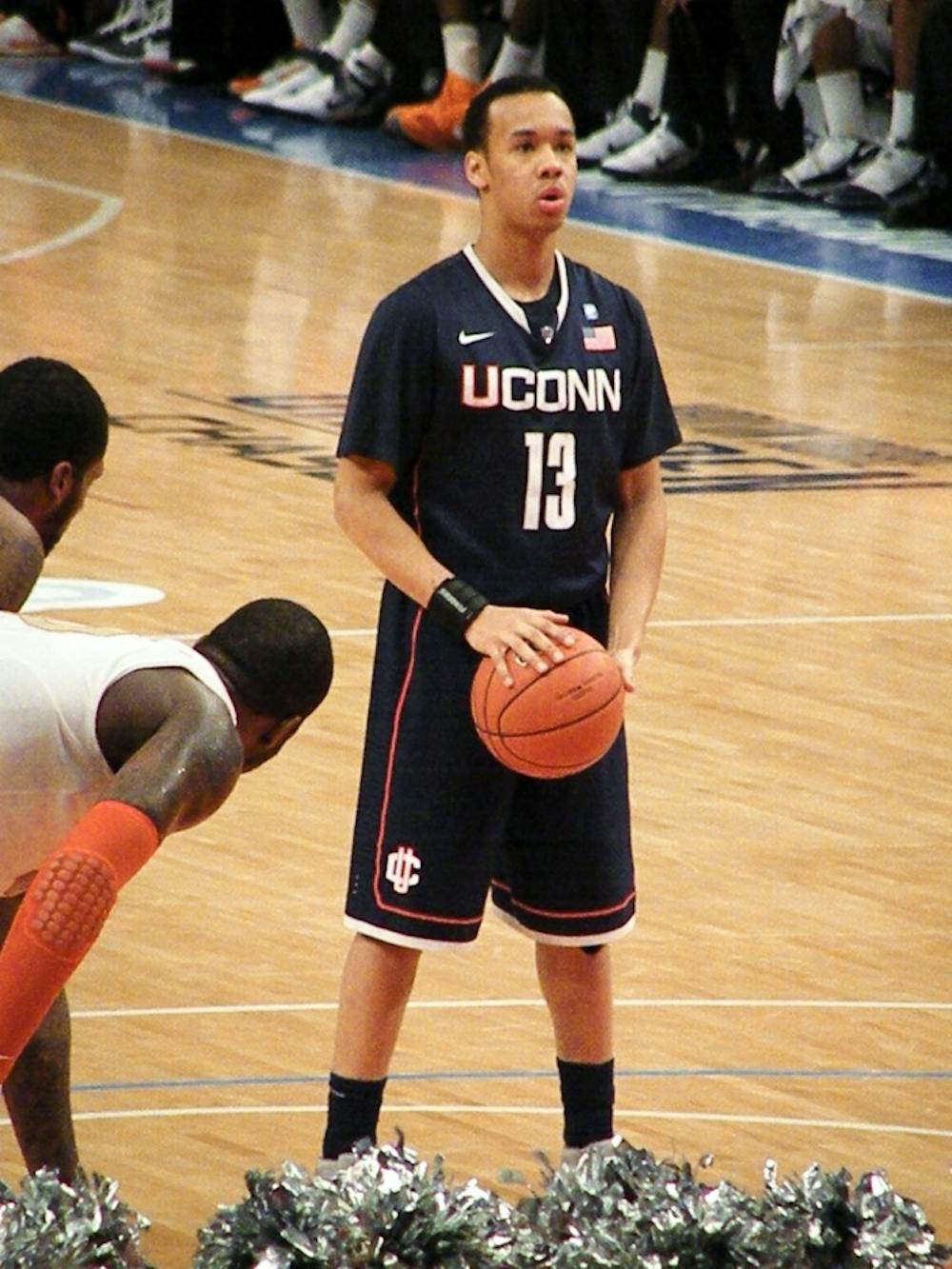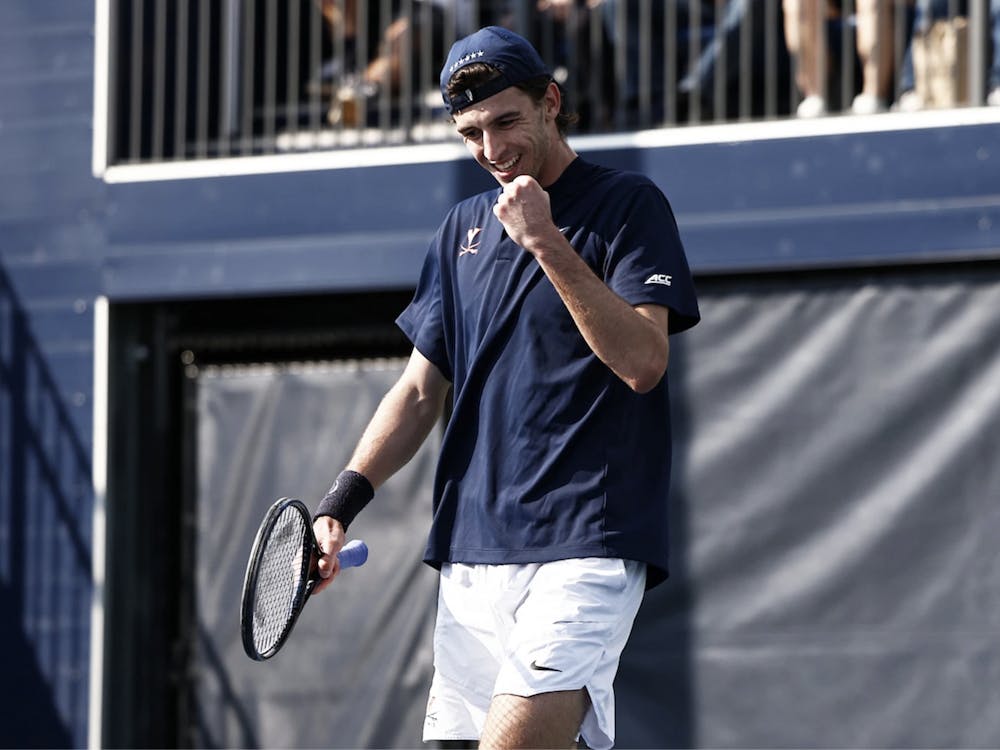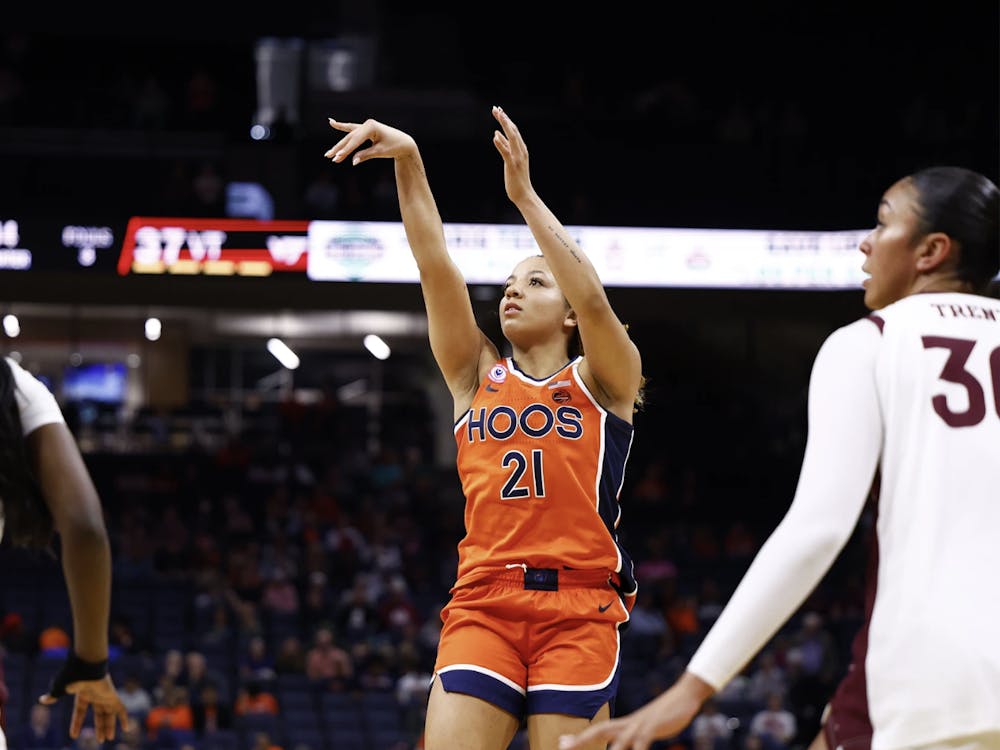“Ladies and gentlemen, you’re looking at the Hungry Huskies. This is what happens when you ban us!”
When Shabazz Napier barked these words after his Connecticut team won the men’s basketball national championship against Kentucky Monday night, he triggered a deluge of reactions. More than that, he reminded everyone of the polemic debate engulfing the NCAA.
Calling our friendly neighborhood intercollegiate athletics association “embattled” is like calling Neil DeGrasse Tyson the coolest mustachioed scientist ever — it’s self-evident to anyone paying a modicum of attention. Embroiled in four pesky antitrust lawsuits and stung by a National Labor Relations Board ruling that Northwestern University’s football players could form a union, the NCAA has supplanted the Yankees as the Sports Evil Empire du jour. Players and devoted reformists alike are stumping on behalf of the proverbial Rebel Alliance, decrying the NCAA’s exploitation of unpaid college players for exorbitant profits while telling them to make do with their college scholarships. While Napier’s postgame barb technically alluded to the postseason ban the NCAA levied against UConn in 2013 — stemming from the program’s abysmal APR ratings from 2007-2011 — the fact that he was bold enough to make a statement in the first place indicates players’ growing willingness to express their discontent with the organization. His “hungry” comment, deliberately or not, also hearkened back to comments the guard made earlier in the day.
“I don’t feel student-athletes should get hundreds of thousands of dollars,” Napier said, “But like I said, there are hungry nights that I go to bed and I’m starving.”
In his remarks Monday, Napier refused to let us extricate the ramifications of our fascination with college basketball from our consumption of the sport itself. Whether you regard the NCAA as the axis of evil think the Napiers of the world should express a little more gratitude for a free world-class education, it’s increasingly clear that we can no longer absorb and cherish the game without contemplating the costs of our entertainment. The battle to alter the student-athlete dynamic can no longer be realistically ignored. Gone are the days of snacking on American college sports as a careless treat.
—-
“Ladies and gentlemen, you’re looking at the Hungry Huskies. This is what happens when you ban us!”
You could practically feel the swagger emanating from Napier on the podium. Heck, it even flustered (ever so slightly) Masters Week Jim Nantz, which is like getting a British Royal Guard to do the Samba.
In a sense, Napier’s postgame outburst mirrored the 6-foot-1-inch guard’s style of play. It was brash, a tad reckless, and may have given Bob Knight an ulcer were he Napier’s coach. His last “what in the world?!” shot — a fadeaway 3-pointer with a little less than seven minutes remaining launched over Andrew Harrison’s lanky arms — reeked of hero-ball irresponsibility. Yet no one was surprised it rattled home and gave Connecticut a 51-47 lead.
For all his pizzazz, Napier boasts the selflessness and sagacity of a munchkin-sized Tim Duncan. A gunner with a usage of 27.5, Napier nevertheless eclipsed more than 20 shots in a game only twice all season. He’s a tenacious defender and adept passer, seldom changes his countenance on the court, and forewent a year of eligibility to stay the course with a rebuilding UConn program. Even in his postgame rant, you could sense he was trying to recognize his teammates’ sacrifices as much as he was jonesing for attention. He wanted them to enjoy that little moment of vindictive pleasure.
Now, I don’t like Napier, necessarily — I’m a proper journalist, after all, and rid myself of all biases by the end of the seventh grade — but I do marvel at his gumption. Who else would have believed this UConn team, especially after its 2013 hiatus and a topsy-turvy regular season, capable of a Final Four run? How did he pull a full Shia LaBeouf and copycat 2011 Kemba Walker? And how, with the world’s eyes boring into him, did he muster the resolve to take a potshot at the NCAA? Like so many other things during this tournament, and this year of college sports, Napier’s performance reduced me to a shrug, a headshake and a chuckle. It distracted me from other, more pressing things I should be fretting about. Juvenile as this may sound, a large part of me was too giddy last night to really care about the perils of college athletics.
—-
One of the worst parts about maturing is the realization that many of the pleasures you once savored without a second thought carry with them high moral costs. Focusing your energies on self-indulgence is fine as a kid, but you eventually have to orient your life around helping other people lest you become a narcissistic, bitter buffoon.
In 2014, society is now recognizing the costs associated with our indulgence in big-time college sports more than ever before. Satisfying our emotional investment in these games requires young 18- to 22-year-olds to sacrifice the lion’s share of their free time to sports while gleaning little of the economic value they produce, with many of them destined for careers outside the realm of professional athletics. The conundrum of the amateur student-athlete — namely, whether such a concept should exist at all — should and will seep into your enjoyment of these games. Conscience-free consumption is a relic of the past.
Still, it’s hard not to embrace the guilty pleasure of college athletics with childlike zeal. Napier’s tale is just one of a litany of storylines and sagas from this tournament that titillated, enlightened and inspired, that could motivate someone out there to have a marginally happier day or put a little extra work into doing things the right way. While discussions of “college sports” currently provokes more cynicism and vitriol than ever before, the sports themselves continue to showcase the kinds of human values that give me hope for this world. There might be a rotten underside to college sports, one we should work to eradicate. But as long as they stay as zany, compelling and good as they were in the past few weeks, I know I’ll stay hungry for more.







